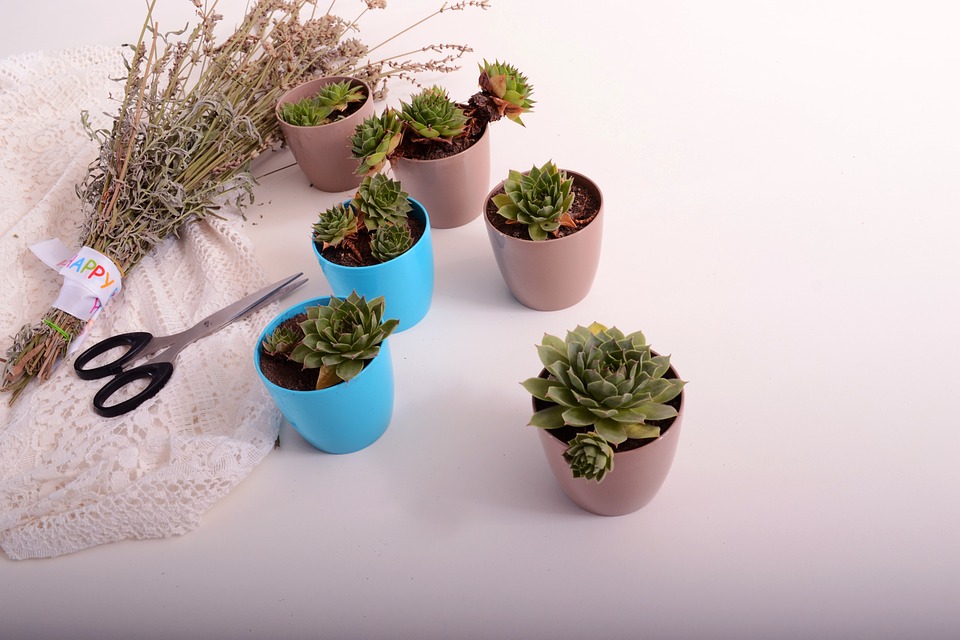They are often found in pepernoten, stews, and mulled wine, and it is not for nothing. These typical winter herbs and spices are “winter miracles” and give you more energy, more warmth, and less snot. Add these six classic herbs to your tea, throw them into your frying pan or bath, or drizzle them into your rice cooker as essential oils.
1) Clove
Cloves are not only delicious in mulled wine and stews, but they also keep germs at bay. There is a mountain of health packed into a small clove. Think magnesium, calcium, manganese, and vitamin C. So yes, definitely keep cooking with it.
And does everyone around you have the flu or a cold? Next, sprinkle a mixture of cinnamon, cloves, eucalyptus, lemon, and rosemary on the rice cooker. It is aromatic, stamina-boosting, cleansing, and lung-supporting.
Cloves also relieve toothache. This is due to a substance called eugenol, which has a slightly narcotic effect. It relieves some pain, but does not cure it. For this, it is necessary to seek the help of a dentist.
2) Rosemary
Rosemary is one of the most well-known winter herbs. That is just as well, because this herb is known for its warming properties. For example, a bath with rosemary is ideal for improving blood circulation. Not only the bath water but the rosemary itself will keep you feeling relaxed and energized.
Inhaling rosemary essential oil can dissolve mucus in the airways, thus curing a common cold. How do you make a rosemary bath? Boil a handful of fresh rosemary in half a liter of water for 10 minutes. Strain the infusion and add it to the bath water.
A cup of rosemary tea can also improve your mood. Here is how to make it:
Place a teaspoon of rosemary needles in a quarter liter of boiling water. Steep for a few minutes and drink. Also great as back support when you have a cold.
3) Cranberries
We often eat these “Christmas berries” at Christmas time, but that’s not it all. Because they deserve a place of honor in your kitchen during the winter months. Berries contain a variety of vitamins and minerals. Many of these minerals also play an essential role in transporting energy and let’s be honest; we need energy in the winter.
Cranberries are high in vitamin C and antioxidants and are effective against bladder infections, flu, and colds; studies have shown that drinking 240 milliliters of cranberry juice per day can reduce the incidence of urinary tract infections, or cystitis, by about 40 percent. Note: It is very, very sour.

4) Cinnamon
The aroma of warm apples with cinnamon makes our hearts dance happily. The cinnamon flavor is strong, so go easy on the sugar. Cinnamon is good for your health. It supports the immune system and is often found in home remedies for flu and colds. Drinking cinnamon tea after meals aids digestion and is said to help with diarrhea and flatulence. Finally, cinnamon is rich in antioxidants and prolongs youth.
Fine lines around the lips? Then try this homemade “cinnamon gloss”. Mix a teaspoon of olive oil with a pinch of cinnamon and regularly apply to your lips.
5) Star anise
Star anise is known in Chinese medicine as a warming herb. Star anise is also said to be effective against typical ailments such as the flu, colds, and coughs. Star anise also has a refreshing effect on the breath.
Combine 2 star anise berries, a piece of ginger about 4 cm long, and a cinnamon stick in a large teapot for the best winter herbal tea.
For flu and colds, pour 1.2 liters of boiling water and let steep for 10 minutes, then add the ginger and cinnamon sticks to the teapot. Optionally, add your favorite black tea, green tea, or rooibos tea.

6) Ginger
Great for flu, colds, inflammation, nausea, and headaches. Acne? A slice of ginger on top seems to help. Cold? Make ginger tea as soon as you sneeze.
To make ginger tea, peel an inch of ginger, slice it, and put it in a pot. Pour in half a liter of boiling water and bring to a boil. Cover and simmer for 10 minutes, then pour through a fine sieve. Squeeze one lemon and add its juice to the tea. If desired, you may add a tablespoon of honey. Then continue cooking with fresh ginger. It contains many vitamins (A, C, E, B), magnesium, iron, zinc, calcium, and beta-carotene.


